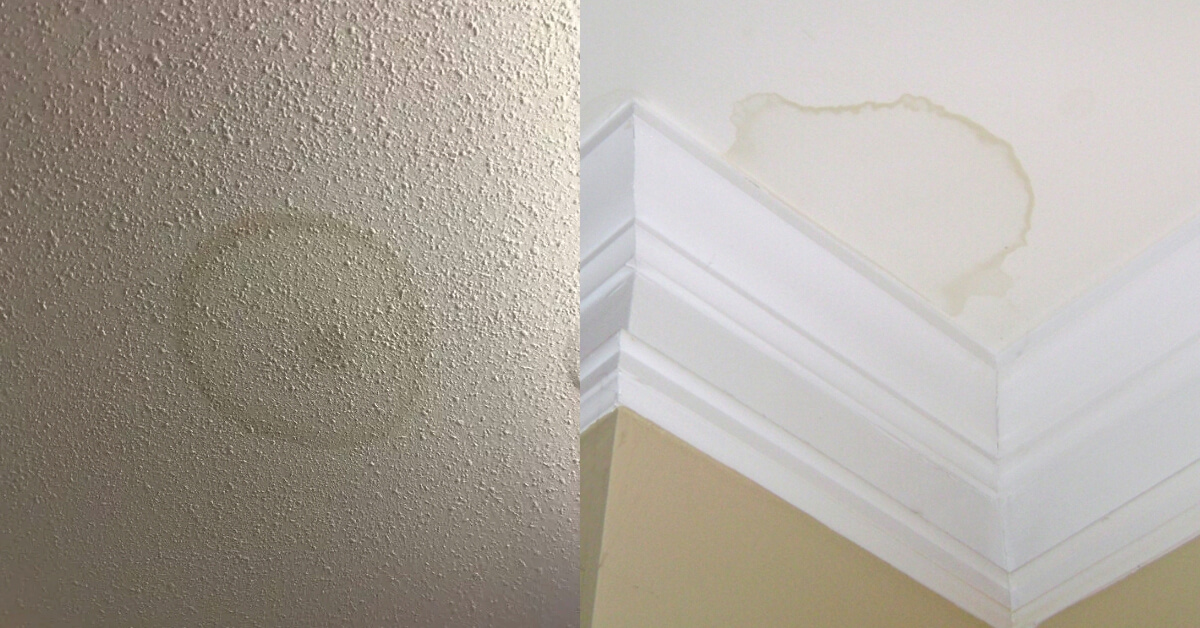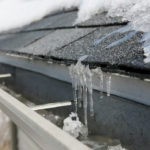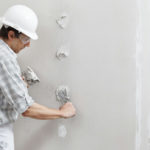
Why Do I Have Water Spots On My Ceiling?
As a homeowner, it’s easy to spot water stains on the ceiling. These unsightly stains can ruin any room’s appearance and indicate a problem that needs fixing. Moisture condensation stains usually cause water spots on the ceiling. In this article, I’ll discuss what causes water spots on the ceiling, how to identify moisture condensation stains, how to fix them, and how to prevent future water spot ceilings.
Introduction to water spot ceilings
A water spot ceiling is a typical problem homeowners face. It’s usually a yellowish-brown stain on the ceiling that looks like a water spot. Water spots on the ceiling are unsightly and can also indicate a bigger problem, like a leaking roof, plumbing problem, or condensation. If left unattended, water spots on the ceiling can lead to mold growth, which can be a health hazard.
What causes water stains on the ceiling?
Moisture condensation stains usually cause water stains on the ceiling. Condensation will occur when warm air comes into contact with a cold surface like a ceiling. When the warm air meets the cold surface, it cools and releases moisture. Over time, this moisture accumulates and causes water stains on the ceiling.
Another common cause of water stains on the ceiling is a leaky roof. If missing shingles or damaged roof flashing are missing, water can leak into your home and cause water spots on the ceiling. Plumbing problems like burst pipes or leaking water heaters can also cause water spots on the ceiling.
Identifying moisture condensation stains on the ceiling

Moisture condensation stains on the ceiling are easy to identify, and they usually appear as yellowish-brown stains on the ceiling and are generally circular or oblong in shape. These stains are often found in rooms with high humidity levels, like bathrooms, kitchens, and laundry rooms. If you ever notice water spots on the ceiling, it’s important to locate the source of the moisture before attempting to fix it.
How to fix ceiling condensation and moisture spots
Fixing ceiling condensation and moisture spots requires identifying the source of the moisture and taking appropriate action. If the moisture is caused by condensation, the first step is to reduce the humidity in the room. You can do this by using a dehumidifier, opening windows, or using exhaust fans.
If a leaky roof or plumbing problem causes moisture, you’ll need to fix the source of the leak before attempting to fix the water spots on the ceiling. Depending on how bad your leak is, you may need to hire a professional to fix it.
To fix water spots on the ceiling, you’ll need to remove and replace the damaged area with new drywall. However, it’s crucial to identify the source of the moisture and fix it before replacing the damaged drywall.
Preventing future water spot ceilings
Preventing future water spot ceilings requires taking proactive measures to reduce the humidity in your home. Here are some tips to prevent water spots on the ceiling:
– Use exhaust fans in kitchens, bathrooms, and laundry rooms.
– Keep windows open to promote air circulation.
– Use a dehumidifier to reduce humidity levels.
– Fix leaky roofs and plumbing problems as soon as possible.
– Insulate your home to prevent condensation.
Common misconceptions about water spot ceilings
Many things need to be clarified about water spot ceilings. One common misconception is that a leaking roof always causes water spots on the ceiling. While a leaking roof can cause water spots on the ceiling, it’s not the only cause. Moisture condensation stains can also cause water spots on the ceiling.
Another common misconception is that water spots on the ceiling will go away on their own. Unfortunately, this is not the case. Water spots on the ceiling are a sign of a bigger problem and will not go away on their own.
DIY solutions for water spot ceilings
While fixing water spots on the ceiling can be a DIY project, it’s important to identify the source of the moisture before attempting to fix it. Here are some DIY solutions for fixing water spots on the ceiling:
– Use a stain-blocking primer to cover the water spot.
– Replace damaged drywall
– Use a dehumidifier to reduce humidity levels.
– Insulate your home to prevent condensation.
– When to call a professional
If you can not locate the source of the moisture or unsure how to fix water spots on the ceiling, it’s best to call a professional. A professional can help you identify the source of the moisture and fix the problem before it worsens.
Conclusion and final thoughts
Moisture condensation stains usually cause water spots on the ceiling. To fix water spots on the ceiling, you or a professional must identify the source of the moisture and take appropriate action. Preventing future water spot ceilings requires taking proactive measures to reduce humidity in your home. If you cannot fix water spots on the ceiling or locate the source of the moisture, it’s best to call a professional. By taking proactive measures, you can prevent water spots on the ceiling and keep your home looking great.



